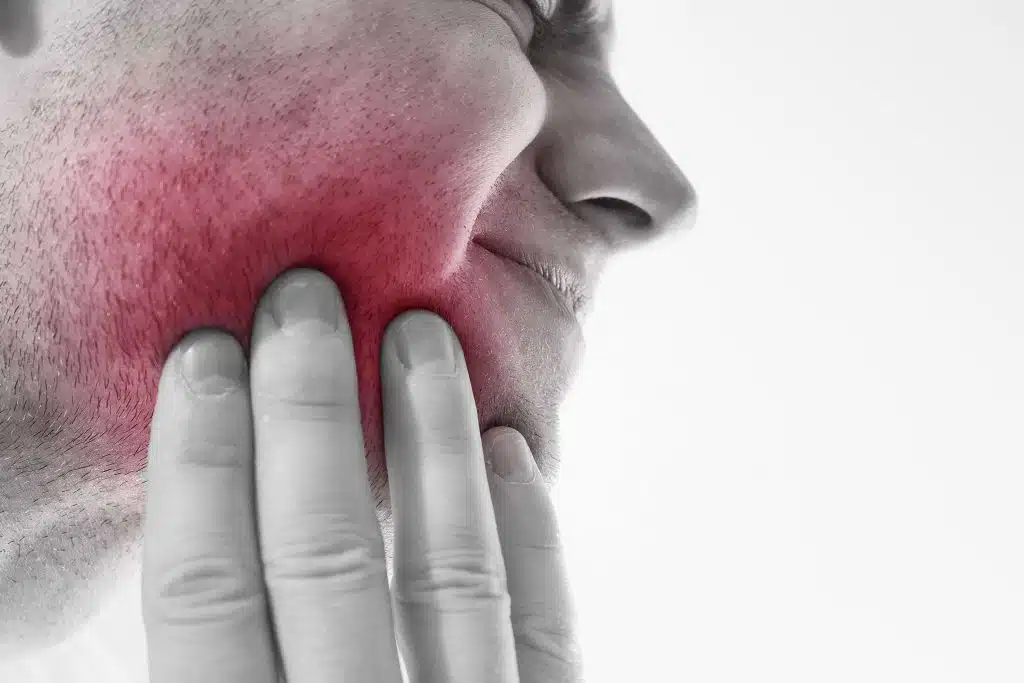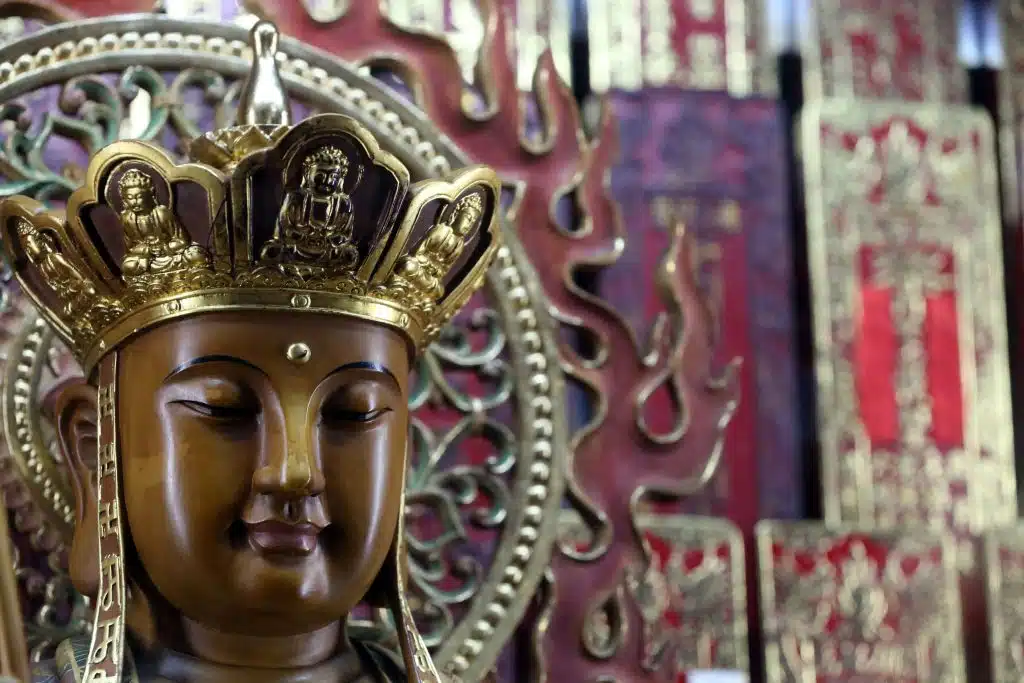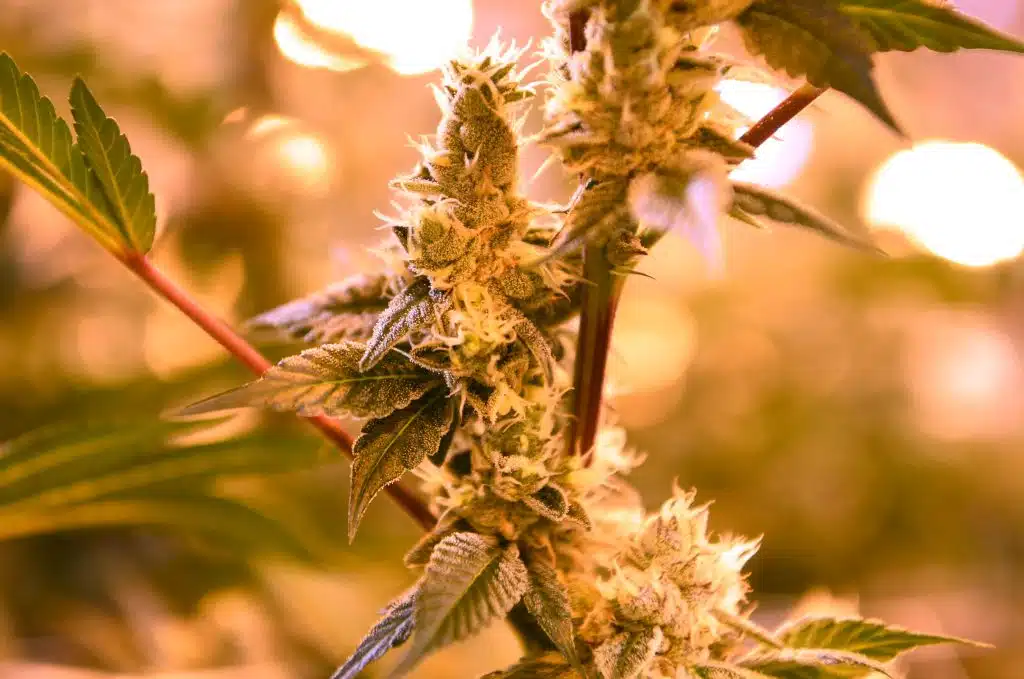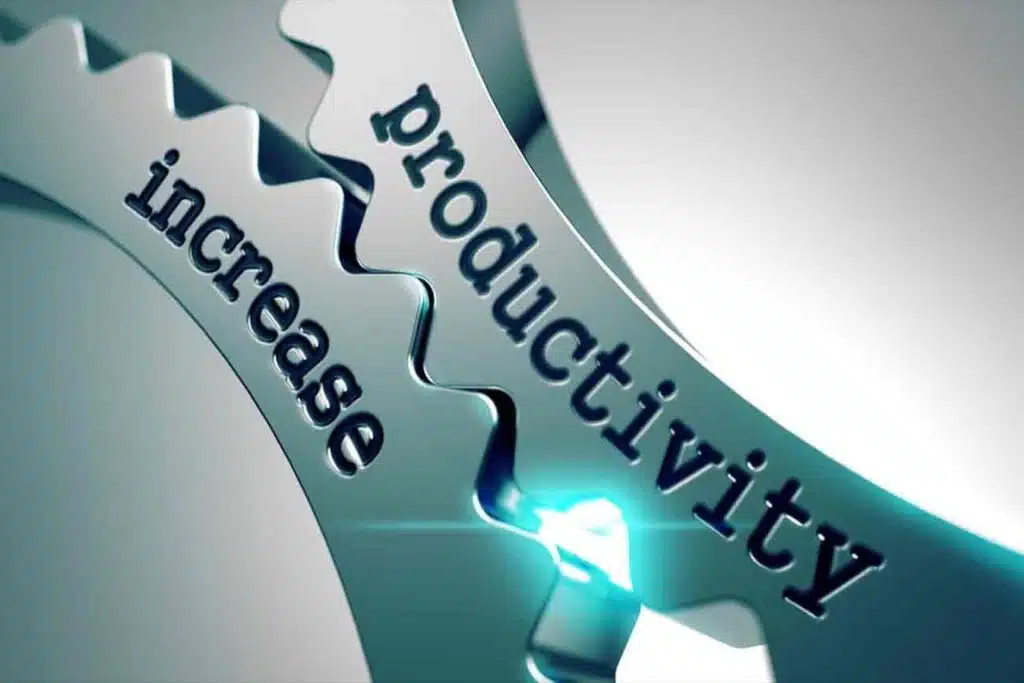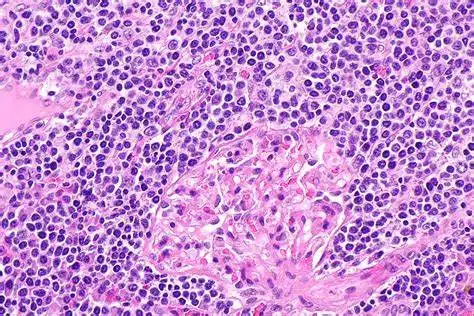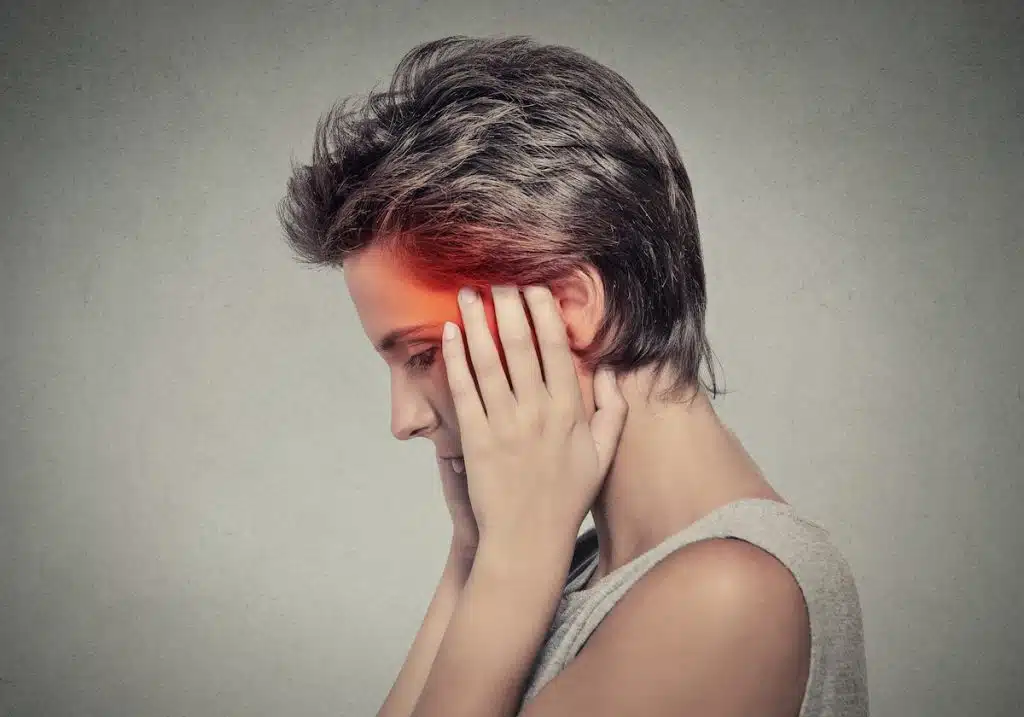Can Cannabis Help With Seasonal Affective Disorder?
Can Cannabis Help With Seasonal Affective Disorder?
If you struggle with seasonal mood swings, you’re not alone. About one in five Canadians will experience symptoms of seasonal affective disorder (SAD) in any given year. In this article, we’ll discuss how cannabis could help relieve your depression during the fall and winter months.
What is seasonal depression?
Seasonal depression, also known as seasonal affective disorder (SAD), is a type of depression that occurs during a specific time of year, usually in the fall and winter months. It is characterized by symptoms such as feelings of hopelessness, lack of energy, difficulty concentrating, and changes in sleep and appetite. The exact cause of SAD is not fully understood, but it is believed to be related to changes in the amount of sunlight exposure and the production of hormones such as melatonin and serotonin.
SAD is a clinically recognized condition and it’s treated with a combination of therapy, light therapy and medication. However, some people might prefer alternative treatments, such as cannabis.
How can cannabis help with seasonal depression?
Cannabis has been used for centuries for its medicinal properties and can be used to treat a variety of conditions, including depression. The compounds found in cannabis, such as THC and CBD, can have an effect on the brain’s endocannabinoid system, which is involved in regulating mood, appetite, and sleep.
Studies have found that THC can have an anti-anxiety and mood-lifting effect, which can help to alleviate symptoms of depression. CBD, on the other hand, has been found to have an anti-inflammatory and anxiolytic effect, which can also help to alleviate symptoms of depression.
Additionally, Cannabis can help with insomnia and lack of appetite, which are common symptoms of SAD. The sedative effects of THC can help to promote sleep, while the appetite-stimulating effects of THC can help to increase appetite. Furthermore, cannabis can also help to reduce stress and anxiety, which are common symptoms of SAD.
It’s worth mentioning that cannabis can have different effects on different people, so it’s important to be aware of how your body reacts to it and to use it in moderation. It’s also important to note that cannabis use can interact with other medications, so it’s important to consult with a healthcare professional before using cannabis as a treatment for SAD.
In conclusion, while more research is needed to fully understand the effects of cannabis on SAD, the available evidence suggests that it has the potential to alleviate symptoms of the disorder. However, it’s important to keep in mind that cannabis should not be used as a substitute for traditional treatments, and it’s important to consult with a healthcare professional before using cannabis as a treatment for SAD.
Which marijuana products are best for seasonal depression?
There are a variety of marijuana products that can be used to treat seasonal depression, such as dried flower, edibles, tinctures, and topicals. The best product for treating seasonal depression depends on the individual and their specific needs.
Dried flower can be smoked or vaporized, which can provide fast-acting relief for symptoms of seasonal depression. Edibles, such as gummies or brownies, can provide long-lasting relief, but can take longer to take effect. Tinctures, which are liquid extracts, can be taken sublingually (under the tongue) and can provide fast-acting relief. Topicals, such as lotions or balms, can be applied directly to the skin and can provide localized relief for symptoms.
CBD-dominant products may be more suitable for individuals who experience anxiety as a symptom of their seasonal depression, as CBD has been found to have an anxiolytic effect. On the other hand, THC-dominant products may be more suitable for individuals who experience a lack of appetite and insomnia, as THC has been found to have an appetite-stimulating effect and can promote sleep.
It’s important to note that the effects of cannabis can be different for everyone, and that it’s important to be aware of how your body reacts to different products and to use them in moderation. It’s also important to consult with a healthcare professional before using cannabis as a treatment for seasonal depression.
What are some tips for using cannabis to treat seasonal depression?
When using cannabis to treat seasonal depression, it’s important to start with a low dose and gradually increase as needed. It’s also important to pay attention to the time of day when consuming cannabis, as consuming it in the evening can disrupt sleep.
It’s also important to pay attention to the type of strain used, as different strains can have different effects on the body and mind. For example, strains that are high in CBD and low in THC may be more suitable for treating anxiety, while strains that are high in THC and low in CBD may be more suitable for treating insomnia.
Additionally, it’s important to be aware of the environment when consuming cannabis, as certain environments may be more suitable for consuming cannabis than others. For example, a quiet, comfortable room may be more suitable for consuming cannabis than a loud, crowded room.
Can cannabis make seasonal depression worse?
There is some evidence to suggest that cannabis use may exacerbate symptoms of seasonal affective disorder (SAD), also known as seasonal depression. SAD is a type of depression that is characterized by symptoms such as low mood, fatigue, and decreased interest in activities, which occur during the fall and winter months when there is less natural sunlight.
One study conducted in 2018 found that cannabis use was associated with increased symptoms of depression and anxiety in individuals with SAD. However, it is important to note that this study relied on self-reported data, and more research is needed to confirm these findings.
It is also worth noting that cannabis use can have different effects on different individuals, and what may worsen symptoms for one person may not have the same effect on another. Additionally, the type of cannabis being used, as well as the method of consumption, can also play a role in how the drug affects an individual’s mental health.
Overall, it is important for individuals with SAD to be cautious when using cannabis, and to speak with a healthcare professional if they are considering using it to manage their symptoms.
How is cannabis used in mental health?
Cannabis has been used to treat a variety of mental health conditions, including anxiety, depression, and PTSD. Some studies have found that cannabidiol (CBD), a non-psychoactive compound found in cannabis, may have a positive impact on symptoms of anxiety and depression. CBD is thought to interact with receptors in the brain that regulate mood and stress, which may help to reduce symptoms of these conditions.
However, it is important to note that more research is needed to fully understand the effects of CBD on mental health. Additionally, it is important to be cautious when using cannabis to treat mental health conditions, as it can also have negative effects on mental health, such as increasing symptoms of anxiety and paranoia.
It is also worth noting that cannabis use can have different effects on different individuals, and what may be helpful for one person may not be beneficial for another. Additionally, the type of cannabis being used, as well as the method of consumption, can also play a role in how the drug affects an individual’s mental health.
It’s crucial to work with a healthcare professional when considering using cannabis to treat a mental health condition.
Conclusion
In conclusion, there is some evidence to suggest that cannabis use may exacerbate symptoms of seasonal affective disorder (SAD), also known as seasonal depression. However, more research is needed to confirm these findings. Cannabis has been used to treat a variety of mental health conditions, including anxiety, depression, and PTSD, but it is important to be cautious when using cannabis to treat mental health conditions, as it can also have negative effects on mental health. There is currently no research that specifically addresses whether seasonal depression increases tolerance to cannabis, but it is known that regular use of cannabis can lead to the development of tolerance, as well as withdrawal symptoms when use is stopped. It is important for individuals with SAD who use cannabis to monitor their symptoms and speak with a healthcare professional if they notice any changes in their tolerance or withdrawal symptoms. If you are interested in cannabis, check out Ganja West online dispensary at ganjawest.co and pick up some bud!


